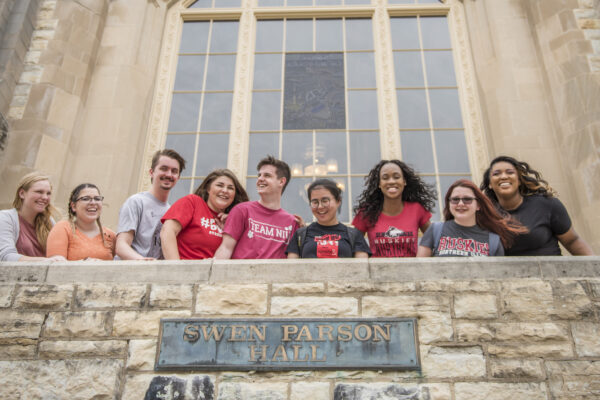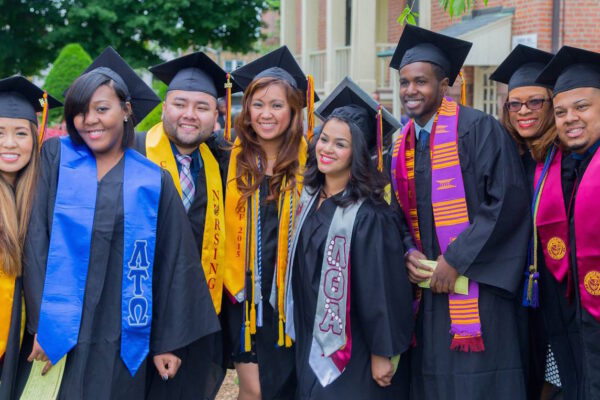A Princeton University (NJ), summer program aims to give a group of entering students the chance to immerse themselves in the institution’s intellectual culture, engage with fellow scholars in community-building activities and work closely with faculty members.
The goal of the Freshman Scholars Institute (FSI), a seven-week program that began July 9, is to help participants prepare to be future campus leaders and peer mentors, with a focus on supporting first-generation and low-income students by sharing early on the many resources Princeton has to offer. FSI is offered to up 80 students each summer, at no cost to those receiving any amount of grant aid from the university.
The innovative program has been called “Princeton 101.” Khristina Gonzalez, associate dean in the Office of the Dean of the College, said that, “These classes allow the students to get a sense of what scholarly inquiry, conversation and community looks like at Princeton.”
But completing the program later this summer is only the beginning for these students, who also are invited to join the four-year Scholars Institute Fellows Program. That initiative builds on the academic and co-curricular programming offered by FSI and provides ongoing opportunities for former FSI participants as well as other first-generation and low-income students who were unable to participate in the summer program.
As a story in The Chronicle of Higher Education noted last week, Princeton and other institutions have been working to recruit first-generation and low-income students for some time. “But bringing students to the campus and supporting them after they arrive are two different things. That’s where programs like the Freshman Scholars Institute come in,” The Chronicle article stated.
At a Glance:
ACE Member Institution: Princeton University
Program: Freshman Scholars Institute
Factors Considered for Participation:
- Whether a student is the first in their family to attend college
- Intellectual curiosity and passion
- Qualities of leadership, perseverance and resiliency
- Past access to academic enrichment and mentorship opportunities
- The educational resources available at the student’s high school
Become a member: As a member of ACE, you join more than 1,600 college and university presidents and executives at related associations, institutions and organizations that collectively promote, protect, and advocate for students, faculty and administrators in higher education. ACE is the major coordinating body for the nation’s higher education institutions, and is the only major higher education association to represent all types of U.S. accredited, degree-granting institutions: two-year and four-year, public and private, nonprofit and for-profit. See more on the ACE website.
If you have any questions or comments about this blog post, please contact us.


